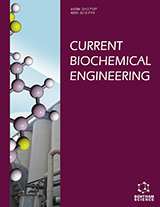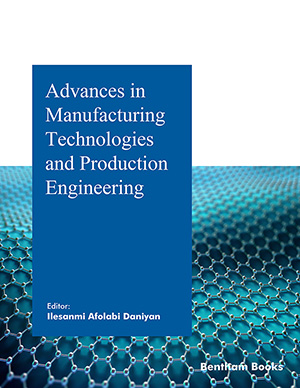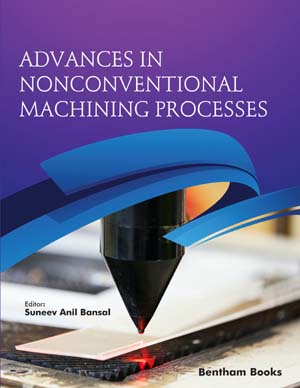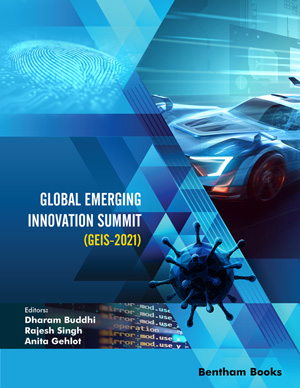Abstract
Environmental sustainability has become an important problem due to
irrational consumption of natural resources and extensive wastes generation.
Urbanisation and industrialization have led to a substantial increase in the amount of
industrial wastes and their inappropriate disposal leads to serious environmental
impacts. Construction industry has the potential for using these wastes in accordance
with the sustainability of the environment. In view of the above, the present study
explores the effectiveness and bulk utilization of ferrochrome slag, a sort of industrial
waste used as a geo-material to improve soil strength by controlling foundation
settlement. To investigate the strength and deformation properties of strip footing lying
on ferrochrome slag waste, a series of model load tests with varying geotextile depths
were conducted. Furthermore, Artificial Intelligence (AI) based computational model
has been used for the prediction of settlement for different parameters and geotextile
layers. The use of computational models provides a new technique for accurately and
cost-effectively predicting footing settling. The findings show that using ferrochrome
slag as a ground improvement material is a cost-effective and environmentally friendly
way to recycle industrial waste and that AI-based computational models are highly
effective at predicting footing settlement and can be used as a reliable tool for
preliminary assessments. It also directs towards a clean and environmentally friendly
city near the industrial area.
Keywords: Artificial intelligence, Ferrochrome slag, Geotextile, Settlement, Strip footing, Sustainability.


















